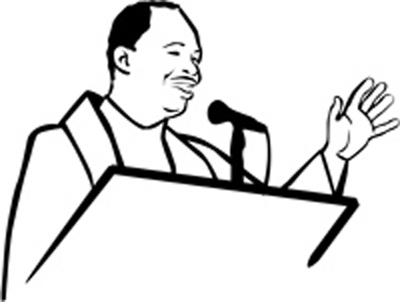
THE GOVERNMENT will soon register and regulate churches in light of recent human rights abuses orchestrated by some church leaders, senior government officials said yesterday.
VENERANDA LANGA SENIOR REPORTER
Home Affairs secretary Melusi Matshiya and Registrar-General (RG) Tobaiwa Mudede told the Parliamentary Thematic Committee on Gender and Development chaired by MDC-T Matabeleland South Senator Watchy Sibanda that proposed regulations would help instill sanity in places of worship.
Matshiya said previously there was no law to regulate or register churches and they were left to freely carry out their activities.
He also said that the Private Voluntary Organisations Act and the Constitution did not require churches to be registered.
Mudede added that registering churches would not be perculiar to Zimbabwe as other countries such as Burundi had strict laws that governed church operations.
“The answer is that we have come to a position of registering churches – not only in Zimbabwe, but the whole of Africa because it has become a means of making money. People are forming churches at places where there are no means or public toilets and young men are suddenly forming churches – some of them which might be devil worshipping,” he said.
“The only ministry that has the powers to pronounce a ban or outlaw a church is Home Affairs, and that is the problem that bedevilled Budiriro (Harare) where the word ‘ban’ was pronounced to the Vapostori sect – but what later happened there was mischief.”
- Chamisa under fire over US$120K donation
- Mavhunga puts DeMbare into Chibuku quarterfinals
- Pension funds bet on Cabora Bassa oilfields
- Councils defy govt fire tender directive
Keep Reading
He said even church marriage officers were not required to register, but their names were recorded by the RG’s office after passing a certain test.
However, some men of the cloth were said to have taken advantage of the relaxed regulations and it was later found out that of the 2 000 church marriage officers, 1 000 of them were fake.
Mudede said he once had a situation where the Home Affairs ministry had to pronounce a ban on the Wapusa Wapusa sect, which was notorious and pretended to worship in the afternoon, but as soon as it was dusk they switched off lights and sexually abused the female congregants.
“One boy pounced on his mother and during the act the mother heard that it was his son’s voice and they were shocked and later reported the issue to the police,” he said.
“The sect was banned, but they relocated to Botswana until the authorities there alerted us about their nefarious activities and they were also banned there.”
Police Assistant Commissioner Naison Chivhayo (deputy director legal services) said between January and May this year, 34 cases of rape and indecent assault perpetrated by men of the cloth were reported; eight in Harare, five in Bulawayo, seven in Masvingo, three in Manicaland, two in the Midlands, five in Mashonaland West and one in Matabeleland South.
“The problem is that some prophets use pseudo names and it is difficult to arrest them. From the Budiriro incident we ended up arresting people from Epworth and Dzivarasekwa. We arrested 21 people for failing to take 26 children to school,” he added.










